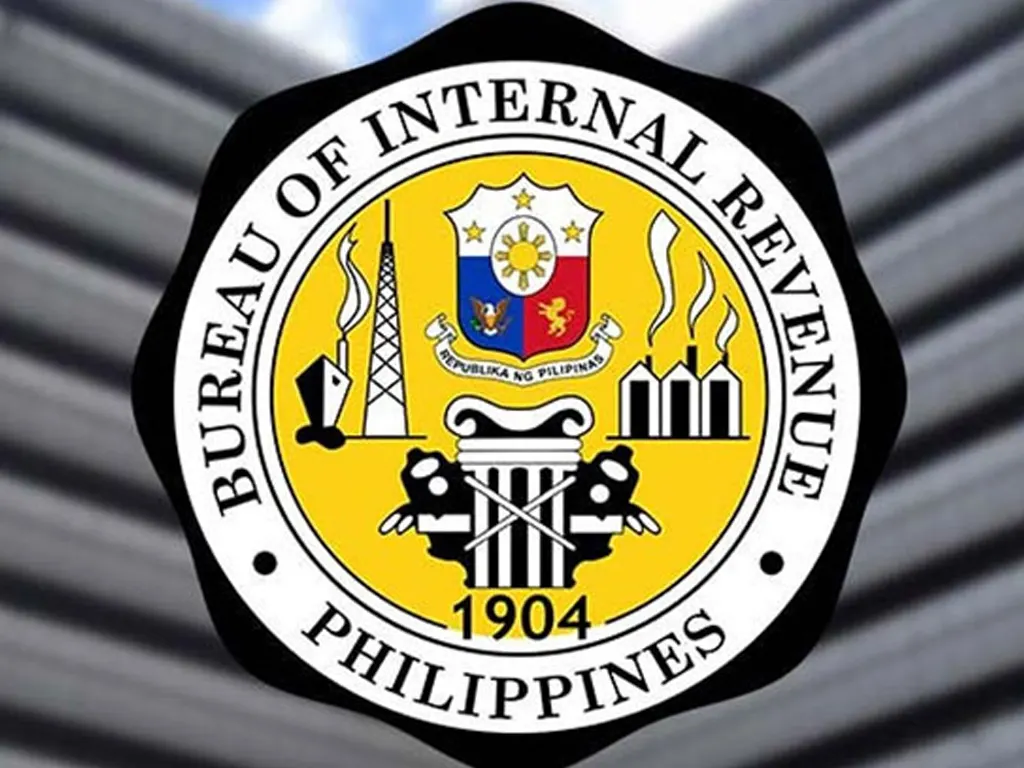
BUREAU of Internal Revenue (BIR) Commissioner Romeo Lumagui Jr.’s vow to investigate senators, local officials, and contractors in the flood control scandal has been met with both applause and skepticism. While the public demands accountability, legal experts warn that the BIR faces a complex and potentially treacherous path.
“The BIR’s mandate is clear: to collect taxes,” says Atty. Maria Lopez, a tax law specialist. “But proving tax evasion in cases of alleged corruption is far from straightforward. It requires a meticulous investigation, solid evidence, and the ability to overcome potential legal challenges.”
One of the key challenges is establishing a clear link between the alleged corruption and the unreported income. While the BIR can point to discrepancies between declared income and assets, proving that those assets were acquired through illegal means is a different matter.
“The individuals under investigation may argue that their wealth came from legitimate sources, such as investments or family inheritances,” Atty. Lopez explains. “The BIR will need to present compelling evidence to refute those claims.”
The BIR’s reliance on lifestyle checks and Statements of Assets, Liabilities, and Net Worth (SALNs) also presents potential legal hurdles. While these tools can be useful in identifying discrepancies, they may not be sufficient to prove tax evasion beyond a reasonable doubt.
“SALNs are often incomplete or inaccurate,” says Atty. Benitez, a legal analyst. “And lifestyle checks can be subjective and open to interpretation. The BIR needs to gather corroborating evidence, such as bank records, property titles, and witness testimonies.”
The involvement of high-profile individuals, including senators and local officials, adds another layer of complexity to the investigation. These individuals may have access to legal resources and political connections that could hinder the BIR’s efforts.
“The BIR needs to be prepared for a protracted legal battle,” says Atty. Lopez. “The individuals under investigation will likely hire top lawyers and fight every step of the way.”
The BIR’s coordination with other government agencies, such as the Commission on Elections (Comelec) and casino operators, is crucial. However, these collaborations also raise potential legal and ethical concerns.
“The BIR needs to ensure that it is not overstepping its authority or violating the privacy rights of individuals under investigation,” says Atty. Benitez. “They need to follow due process and respect the rule of law.”
Despite these challenges, legal experts agree that the BIR’s investigation is a necessary step in the fight against corruption. By pursuing tax evasion charges, the BIR can hold corrupt officials accountable and send a message that no one is above the law.
“The BIR’s investigation may be a legal minefield, but it’s a minefield worth navigating,” says Atty. Lopez. “The future of our country depends on it.”



